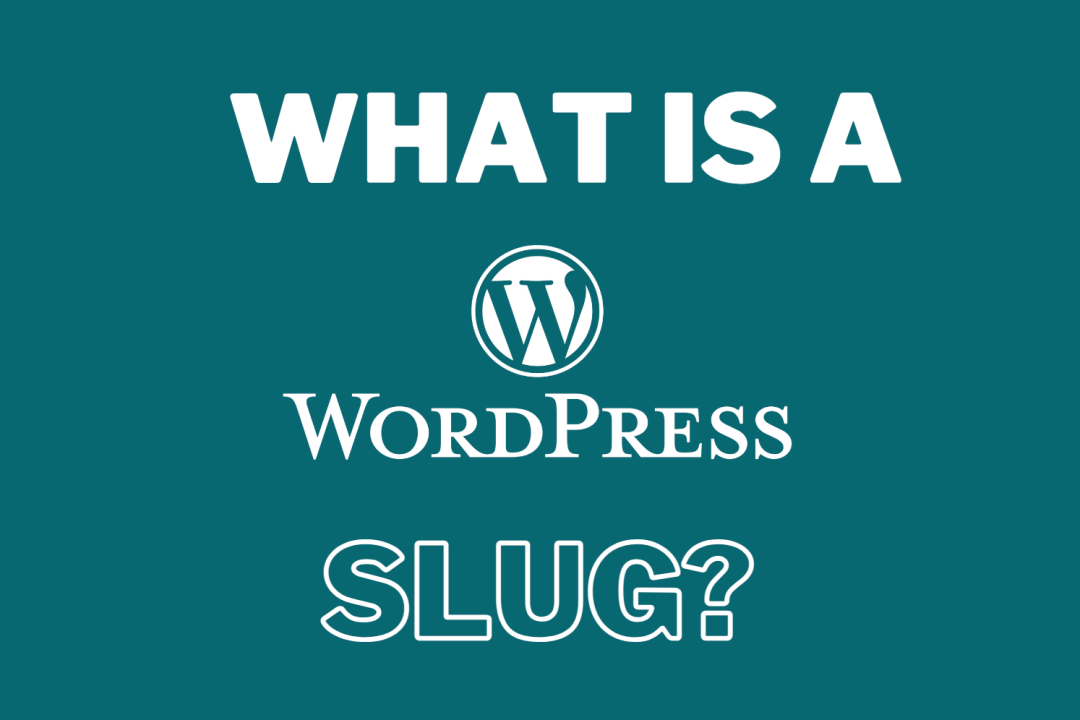
PHP OPcache stands as a robust enhancement module designed to accelerate PHP applications. It achieves this by storing precompiled script bytecode in shared memory, bypassing the need for PHP to load and parse scripts on each request. This caching strategy can yield substantial performance gains for PHP applications, rendering them more efficient and responsive.
Enabling and Configuring PHP OPcache
Activating PHP OPcache requires a configuration adjustment within the PHP settings file, commonly known as “php.ini”. By toggling the “opcache.enable” directive to “1”, the OPcache is switched on. For users of Koerge’s web hosting services, this optimization is enabled by default to ensure optimal performance, though it can be turned off through the cPanel’s PHP Selector under the Extensions menu if needed.
To fully harness the capabilities of PHP OPcache, fine-tuning its settings is essential. Configurable parameters include, but are not limited to, memory allocation (opcache.memory_consumption), the maximum permissible number of cached scripts (opcache.max_accelerated_files), and the maximum number of keys in the OPcache hash table (opcache.max_wasted_percentage). At Koerge, these settings are pre-optimized to cater to a wide array of customer requirements, striking a balance between resource usage and performance.
Monitoring PHP OPcache Status
Verifying the active status and operational parameters of PHP OPcache can be accomplished with the opcache_get_configuration() and opcache_get_status() functions. These functions provide a wealth of information including configuration settings and cache status. For WordPress users, this process is further simplified by the WP OPcache plugin, streamlining the monitoring of OPcache.
Addressing PHP OPcache FAQs
It is crucial to understand that PHP OPcache does not support the caching of scripts that utilize dynamic PHP features like eval() and create_function(). Such limitations are in place because these features require real-time parsing and execution which bypasses the caching mechanism.
For developers actively modifying PHP scripts, it is advisable to refresh the OPcache manually to ensure that updates are applied immediately. This can be done using the opcache_reset() function. Ignoring this step might lead to older, cached scripts being executed instead of the freshly modified code.
Determining the optimal memory allocation for PHP OPcache is largely dependent on the particular demands of your application and server capacity. As a general guideline, a memory allocation ranging between 64-128MB is sufficient for small to medium-sized projects. Koerge allocates a default of 128MB to accommodate a diverse set of applications and workloads.
In essence, PHP OPcache serves as an indispensable optimization tool, crucial for any PHP-powered application seeking enhanced performance. By caching precompiled bytecode, it mitigates the resource-intensive process of script parsing and compilation, thus expediting script execution. However, users must navigate its limitations with informed strategies, such as regular cache refreshing during development cycles and appropriate memory allocation. With proper management, PHP OPcache not only accelerates application performance but also significantly improves the end-user experience.




